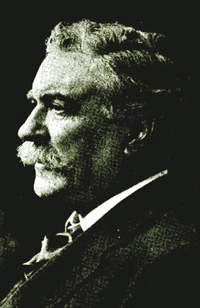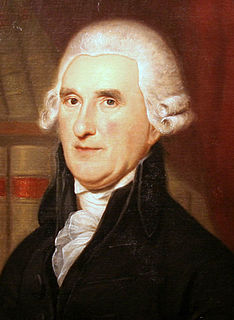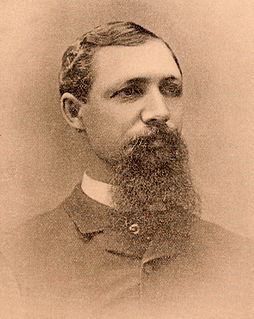A Quote by Camilla, Duchess of Cornwall
We acknowledge and bewail our manifold sins and wickedness, which we, from time to time, most grievously have committed, by thought, word and deed.
Quote Topics
Related Quotes
The word patriotism, or its equivalents and derivations, is upon everyone's lips at the present time. It is a magic word which is thought by most people to cover any multitude of sins. To be patriotic in whatever cause is tantamount to being virtuous, while no worse charge can be brought against a man in popular estimation than to say he is unpatriotic.
Always aim at complete harmony of thought and word and deed. Always aim at purifying your thoughts and everything will be well. There is nothing more potent than thought. Deed follows word and word follows thought. The word is the result of a mighty thought, and where the thought is mighty and pure the result is always mighty and pure.
The usual method of creation for most human beings is a three-step process involving thought, word, and deed or action. First comes thought; the formative idea; the initial concept. Then comes the word. Most thoughts ultimately form themselves into words, which are often then written or spoken. This gives added energy to the thought, pushing it out into the world, where it can be noticed by others. Finally, in some cases words are put into action, and you have what you call a result; a physical world manifestation of what all started with a thought.
You will probably have but a short time to live. Before you launch into eternity, it behooves you to improve the time that may be allowed you in this world: it behooves you most seriously to reflect upon your past conduct; to repent of your evil deeds, to be incessant in prayers to the great and merciful God to forgive your manifold transgressions and sins, to teach you to rely upon the merit and passion of a dear Redeemer.
This doctrine of forgiveness of sin is a premium on crime. Forgive us our sins means Let us continue in our iniquity. It is one of the most pernicious of doctrines, and one of the most fruitful sources of immorality. It has been the chief cause of making Christian nations the most immoral of nations. In teaching this doctrine Christ committed a sin for which his death did not atone, and which can never be forgiven. There is no forgiveness of sin. Every cause has its effect; every sinner must suffer the consequences of his sins.
Consider the word “time.” We use so many phrases with it. Pass time. Waste time. Kill time. Lose time. In good time. About time. Take your time. Save time. A long time. Right on time. Out of time. Mind the time. Be on time. Spare time. Keep time. Stall for time. There are as many expressions with “time” as there are minutes in a day. But once, there was no word for it at all. Because no one was counting. Then Dor began. And everything changed.
Time is the most precious gift in our possession, for it is the most irrevocable. This is what makes it so disturbing to look back upon the time which we have lost. Time lost is time when we have not lived a full human life, time unenriched by experience, creative endeavor, enjoyment, and suffering. Time lost is time not filled, time left empty.





































